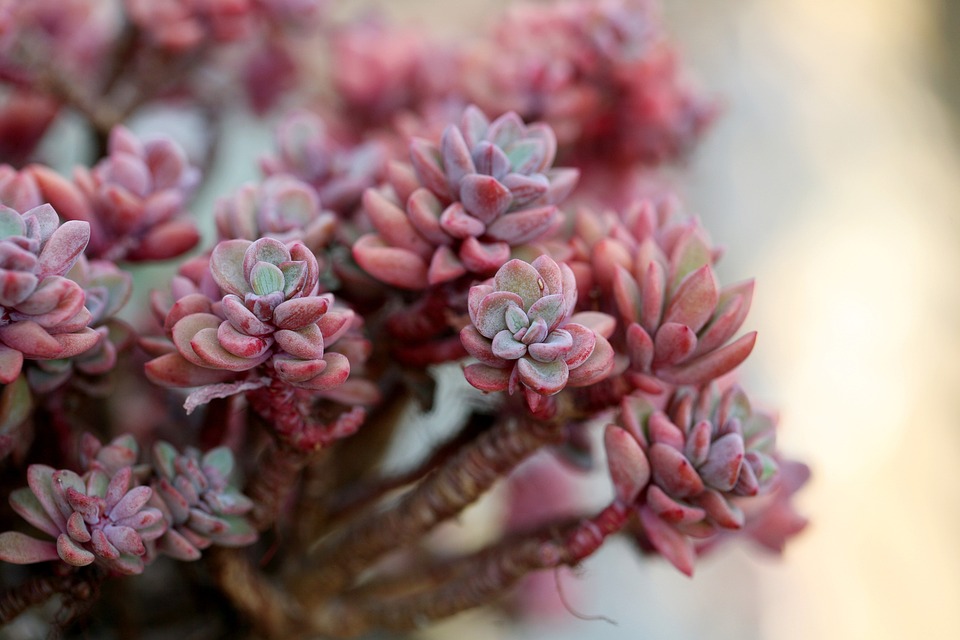Introduction
Greenhouse gardening is gaining popularity among gardeners of all levels of expertise. This method offers numerous benefits, allowing plants to thrive in controlled environments. Whether you are a seasoned gardener or a beginner, considering greenhouse gardening can significantly enhance your gardening experience and yield positive results. Let’s explore the benefits of greenhouse gardening and why every gardener should consider it.
1. Extended Growing Season
One of the significant advantages of greenhouse gardening is the ability to extend the growing season. Traditional outdoor gardens are typically influenced by weather conditions, limiting the growing period to specific months. Greenhouses, on the other hand, provide a controlled environment, allowing gardeners to start planting earlier in the spring and continue through the fall or even winter. This extension allows for a wider variety of crops and ensures a longer harvest time.
2. Protection from Weather Conditions
Greenhouses provide a shield against harsh weather conditions that can damage or destroy plants. Extreme heat, frost, heavy rain, and gusty winds can wreak havoc on delicate plants. With a greenhouse, you can regulate temperature, humidity, and ventilation, protecting your plants from these adverse weather conditions. This sheltered environment ensures healthy and robust plant growth throughout the year.
3. Pest and Disease Control
Pests and diseases are constant threats to gardens. Greenhouses act as a barrier against common pests such as aphids, snails, and slugs, reducing the need for chemical pesticides. Additionally, the controlled environment minimizes the risk of soil-borne diseases and fungal infections. Proper ventilation and regular monitoring further enhance pest and disease control, ensuring healthy plants and higher yield.
4. Optimal Plant Growth
Greenhouses provide the ideal conditions for plants to thrive. The controlled environment allows gardeners to adjust temperature, humidity, light, and nutrient levels to suit specific plant requirements. This fine-tuning promotes optimal growth and increases the productivity of your plants. With proper management, gardeners can grow a wide range of plants throughout the year, creating a diverse and vibrant garden.
5. Year-round Harvest
Thanks to the favorable conditions offered by greenhouses, gardeners can enjoy a year-round harvest. By strategically planning crops and utilizing heat retention methods, you can cultivate winter greens, herbs, and other vegetables during colder months. This continuous supply of fresh produce not only saves money but also allows you to enjoy homegrown goodness throughout the year.
6. Personalized Gardening Experience
Greenhouse gardening provides a personalized experience, allowing gardeners to experiment and cultivate plants that are otherwise challenging in their natural climate. You have the freedom to grow exotic and delicate plants, create microclimates, and embark on unique gardening projects. The joy of witnessing unusual plants thrive under your care adds an extra level of fulfillment to your gardening journey.
7. Efficient Resource Management
Greenhouses enable efficient resource management. By controlling water usage, minimizing nutrient runoff, and maximizing space utilization, you can optimize your gardening resources. Additionally, greenhouses minimize the need for frequent weeding, as the enclosed environment inhibits weed growth. This effective resource management ensures that your efforts go towards growing healthy plants rather than combating weeds and wastage.
FAQs Section
1. What size greenhouse do I need?
The size of the greenhouse depends on your gardening goals and available space. Consider the number and types of plants you wish to grow and allow for expansion if needed. You can start with a small greenhouse and upgrade as your needs evolve.
2. Can I use a greenhouse for ornamental plants only?
Greenhouses are versatile and can be used to grow both ornamental and edible plants. Whether you want to grow flowers, vegetables, herbs, or a combination, a greenhouse provides the suitable environment for their successful growth.
3. Do greenhouses require a lot of maintenance?
While greenhouses do require regular maintenance, the effort is worth the rewards. Monitoring temperature and humidity levels, ensuring proper ventilation, watering, and occasional cleaning are part of the maintenance routine. However, modern greenhouses offer automated systems that simplify these tasks.
4. How do I control pests in a greenhouse?
Preventing pests in a greenhouse involves strict hygiene practices, including regular cleaning and removing any plant debris. Well-ventilated greenhouses with proper screening can significantly reduce the chances of pests entering. If necessary, use biological controls or organic pest control methods to maintain a healthy gardening environment.
5. Can a greenhouse be used in all climates?
Yes, greenhouses can be used in all climates. Regardless of the external weather, greenhouse gardening allows you to create favorable conditions for plants inside the structure. With proper insulation and ventilation, greenhouses can protect plants from extreme heat, strong winds, frost, and other unfavorable weather conditions.




